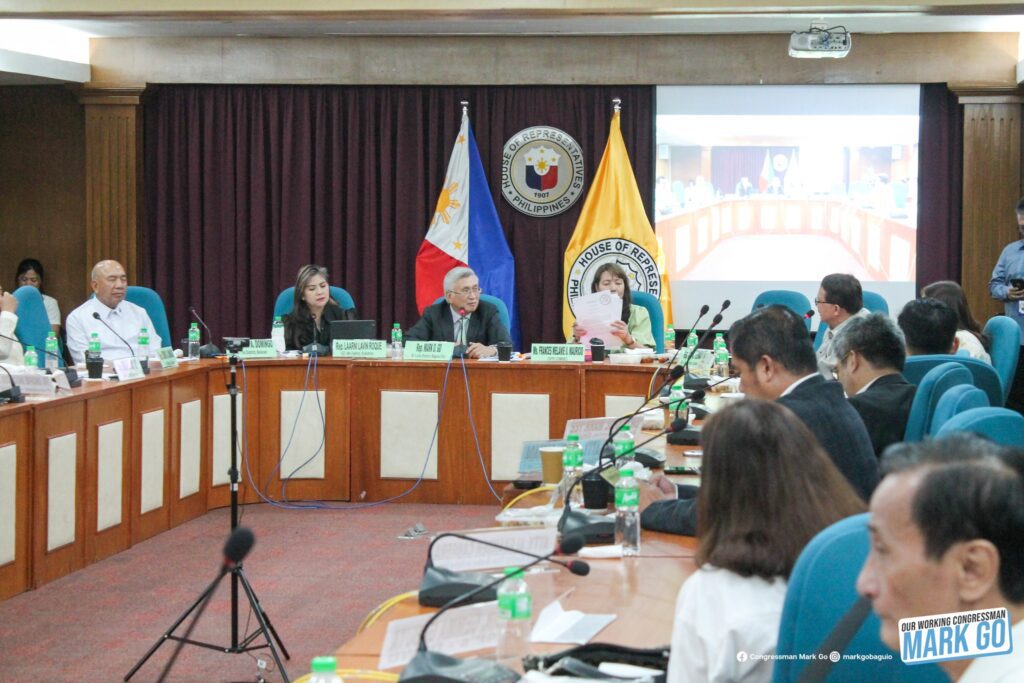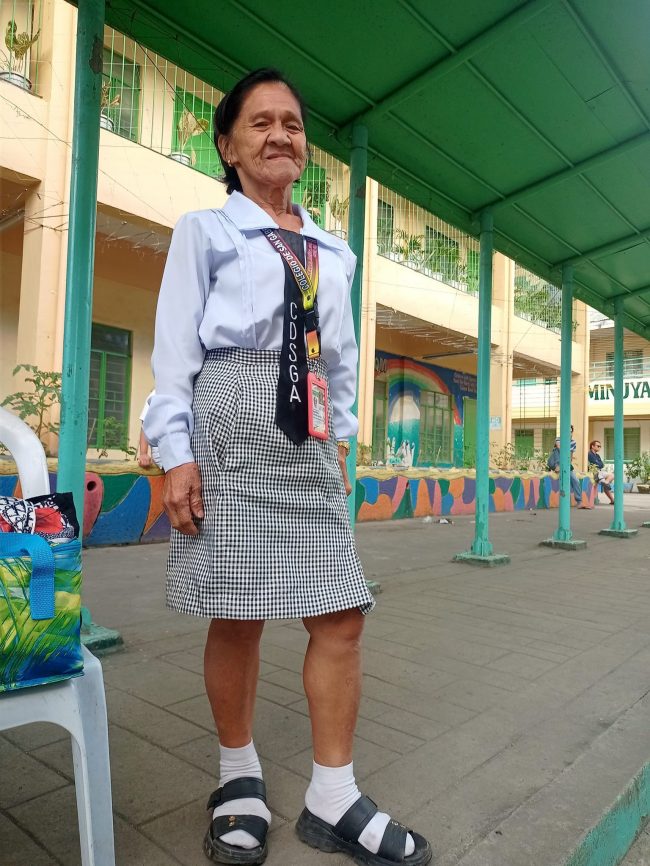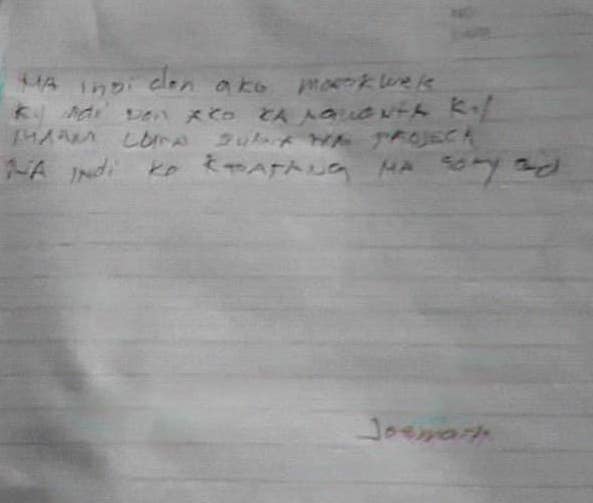House committee OKs bill allowing dual citizens to work in higher education

The House of Representatives’ Committee on Higher and Technical Education has approved a bill that would allow Filipino dual citizens to teach in public higher education institutions (HEIs).
The panel, headed by Baguio Representative Mark Go, approved for plenary deliberations House Bill 10251, which seeks to amend Section 5(3) of Republic Act 9225, or the Citizenship Retention and Re-Acquisition Act of 2003 (more popularly known as the Dual Citizenship Law).
Go argued that the country’s public HEIs need highly qualified professionals to be part of their academic and administrative personnel to further boost their capability and human resource to deliver quality tertiary education.
“The amendment to the law will help accommodate qualified Filipino professionals with dual citizenship to be appointed as administrator, faculty or researcher in all public higher education institutions, either on a full time or part time basis,” Go said.
At present, Filipinos with dual citizenship are not allowed to teach in a state university or college unless they denounce their foreign passports.
“There are many natural born Filipino scientists, engineers and researchers, who are dual citizens willing to be appointed in the government, but reluctant to renounce their oath of allegiance to the country when they took that oath of allegiance for one reason or the other,” the lawmaker said.
For his part, EDCOM 2 Executive Director Dr. Karol Mark Yee commended Representative Go for initiating the amendment in the Dual Citizenship Law, adding the removal of the restrictive provision “could help improve internationalization and quality and Philippine higher education.”
“This would also allow us to manage a leveraged global diaspora, which is a strategy used by many countries, among them Singapore and Hong Kong to upgrade the quality of their universities,” he said.
In the Senate, lawmakers also debated on the memorandum circular issued by the Civil Service Commission (CSC) in 2016, which prohibits a person with dual citizenship from being appointed in government “unless the foreign citizenship is renounced.”
Senator Sonny Angara, who presided over the panel hearing, called for comments from the CSC on the policy as it may affect the push to liberalize higher education.
“I think the spirit is to ensure allegiance only to one country but that kind of thinking is I think a product of a different world, a world where nationality is very important,” Angara said.


